China's Assistant Foreign Minister Hua Chunying took to social media on Monday to rebuke the U.S. for double standard in response to recent remarks by U.S. Treasury Secretary Janet Yellen, who once again hyped the alleged "overcapacity" narrative targeting Chinese green energy sectors such as electric vehicles and solar energy during a media interview.
Hua posted on X, formerly known as Twitter, on Monday that the U.S. government "supports U.S. industries with subsidies because it's strategic, but when others do it, it's unfair competition."
Hua's posts drew many comments from netizens, which accused the U.S. of using double standard over the topic.
On May 9, during an interview with a U.S. radio program, Yellen reiterated her accusations from an April trip, alleging that "China is massively subsidizing investment in this set of industries that they have targeted as critical to their growth prospects," resulting in a playing field that was not "level." She commented in response to the host's inquiry about whether, in emerging sectors such as electric vehicles and batteries, the U.S. was just possibly "being outcompeted by the Chinese."
The secretary's allegation aligned with Washington's intensifying crackdown on China's high-tech sector on all fronts by using the rhetoric of "overcapacity," observers said, noting the aim is to curb the development of China's burgeoning high-tech sectors and hinder its industrial upgrades.
To add to the intensifying crackdown, the U.S. is reportedly planning to levy tariffs on imports from China's emerging industries, including a potential 100 percent tariff on Chinese electric vehicles (EV). This move, along with a series of measures taken by the U.S. government to curb China's emerging high-tech industries, faces challenges and questions both at home and abroad, analysts said.
Yellen said in the interview that the U.S. government provides subsidies for strategic sectors such as clean energy and electric vehicles, which she argued are "critical for national security, for the sake of supply chain resilience, and to create good manufacturing jobs where people can get ahead to have a presence in these industries."
In August 2022, the U.S. passed the Inflation Reduction Act, which allocated nearly $370 billion in subsidies to promote clean sectors, aiming to spur the domestic production and adoption of electric vehicles and other green technologies.
Also, the CHIPS and Science Act, with an allocation of about $50 billion, was enacted to stimulate domestic semiconductor production, seeking to promote the "reshoring" of chip manufacturing through substantial industry subsidies and assertive provisions aimed at curbing competition.
Kim Joo-hwan, a professor in the department of international industrial information of Kyonggi University, said in a recent written interview with the Xinhua News Agency that the two acts represent the hegemonic thinking of the U.S.









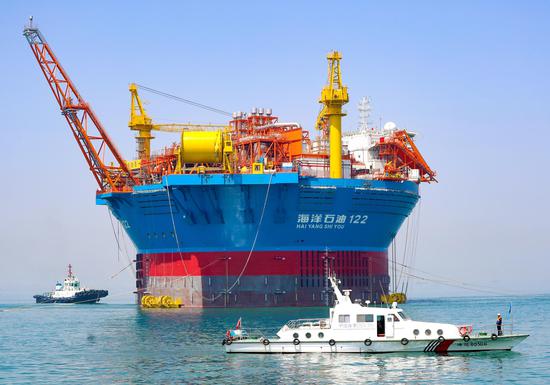
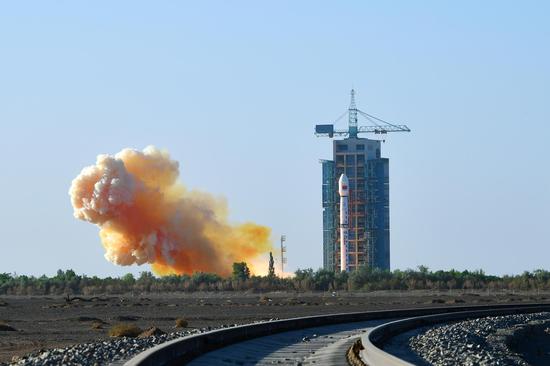


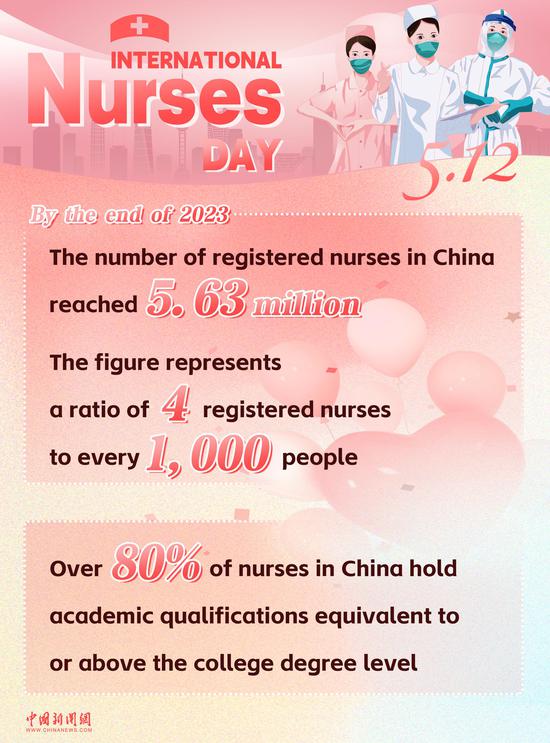

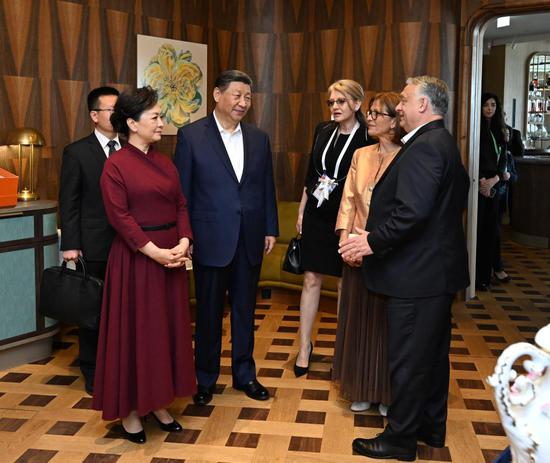
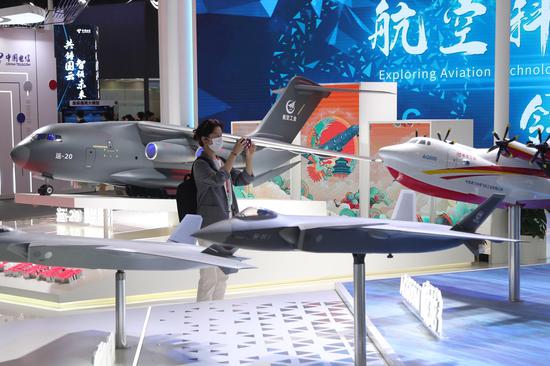


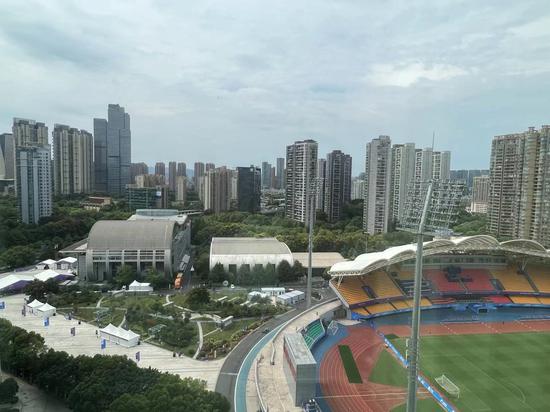

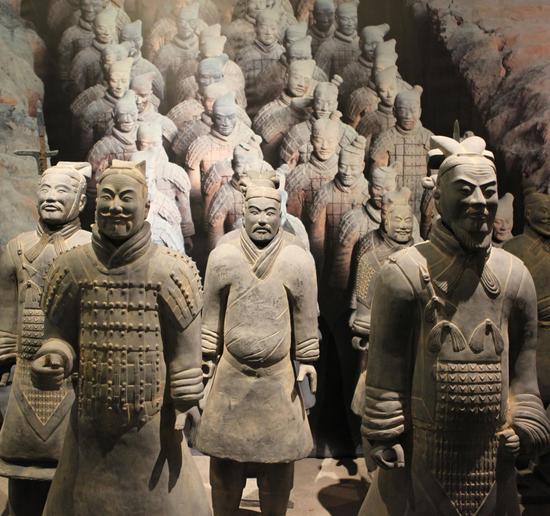
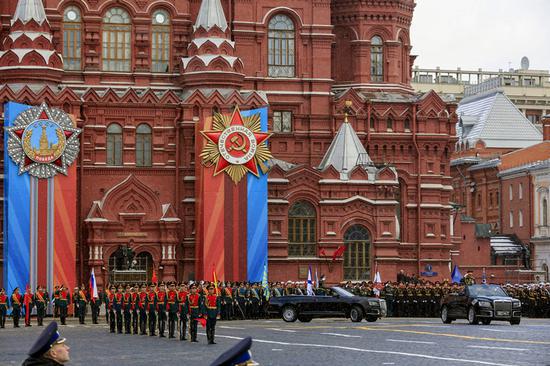

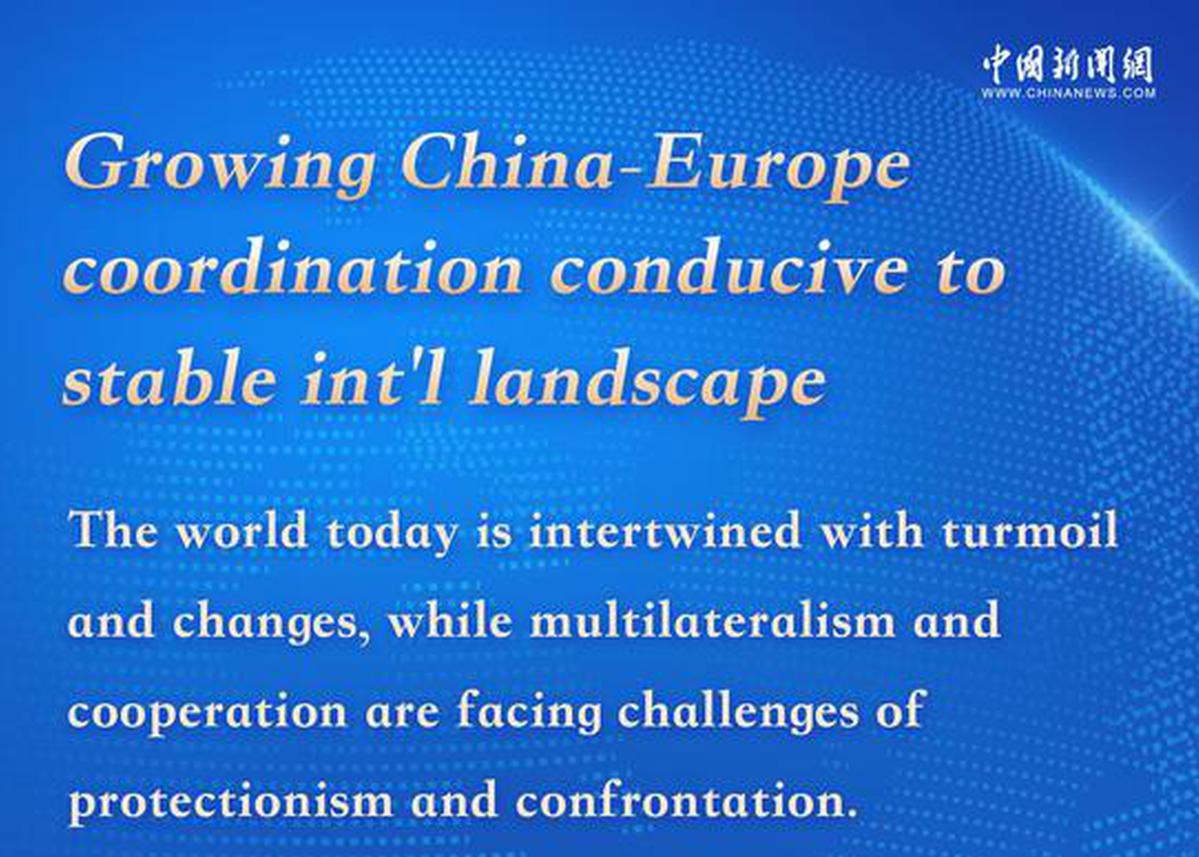
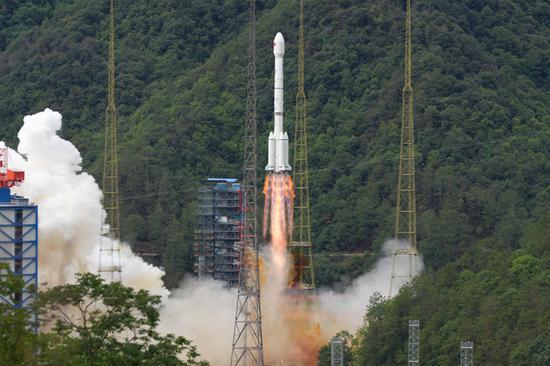
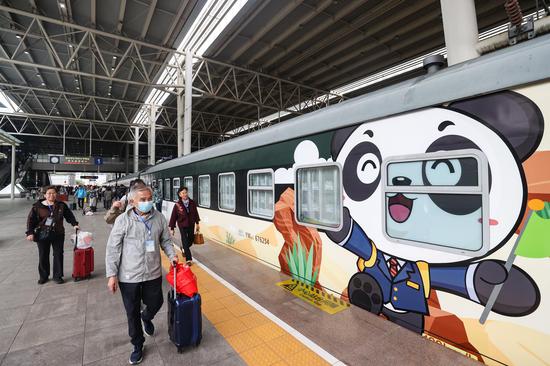

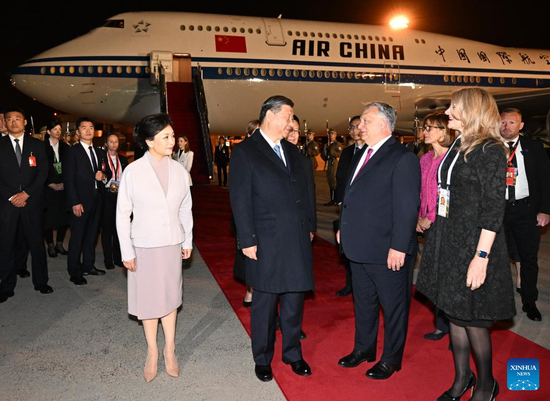
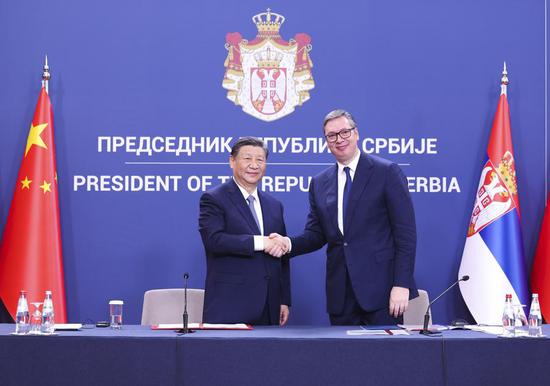
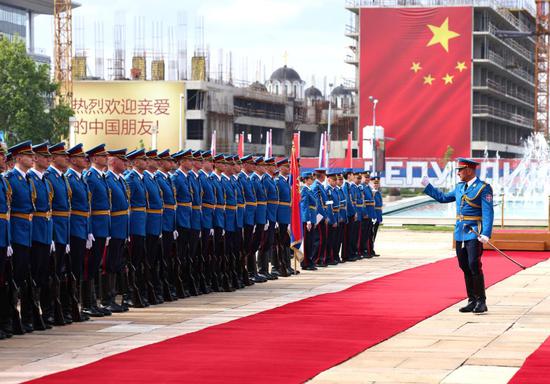
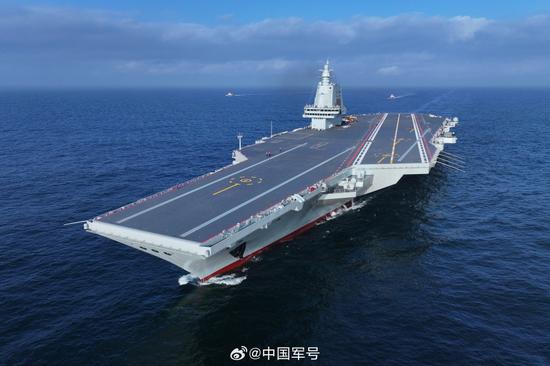
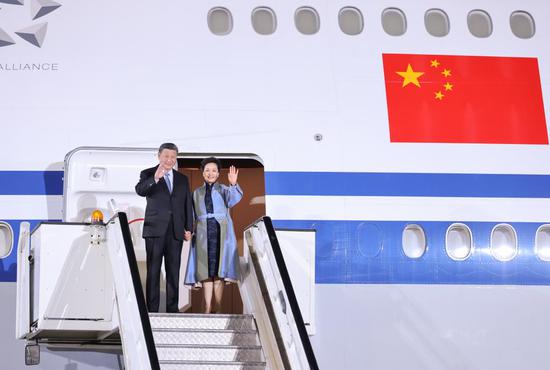
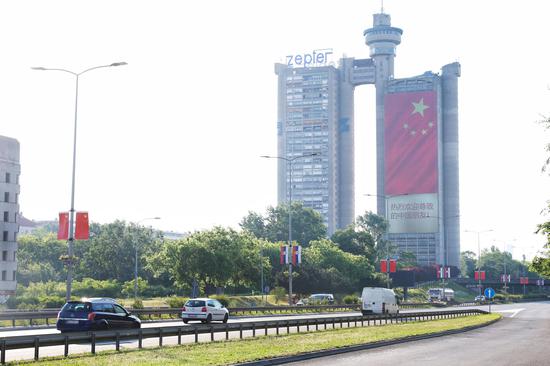

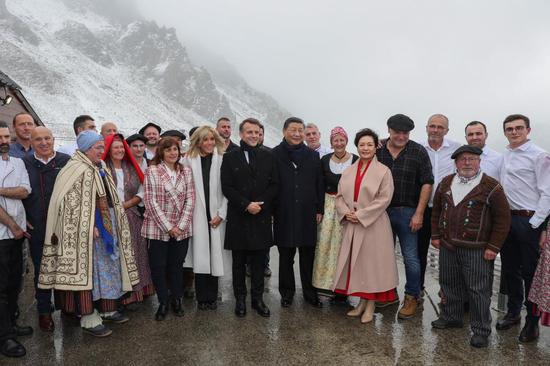
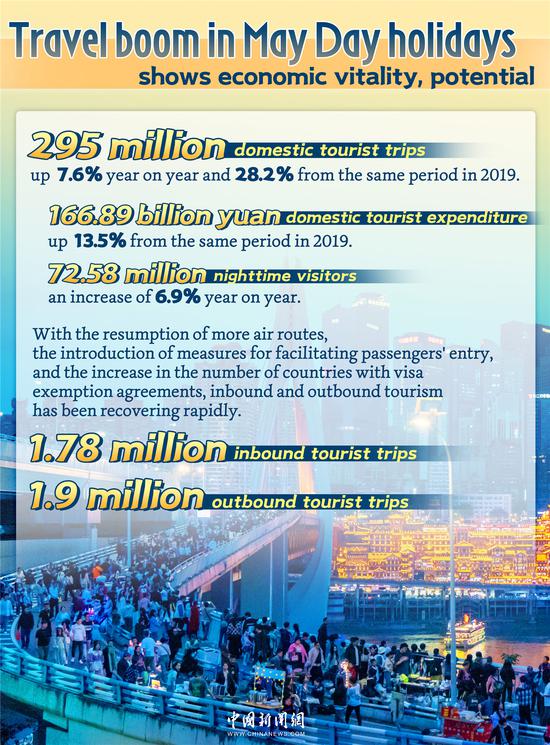
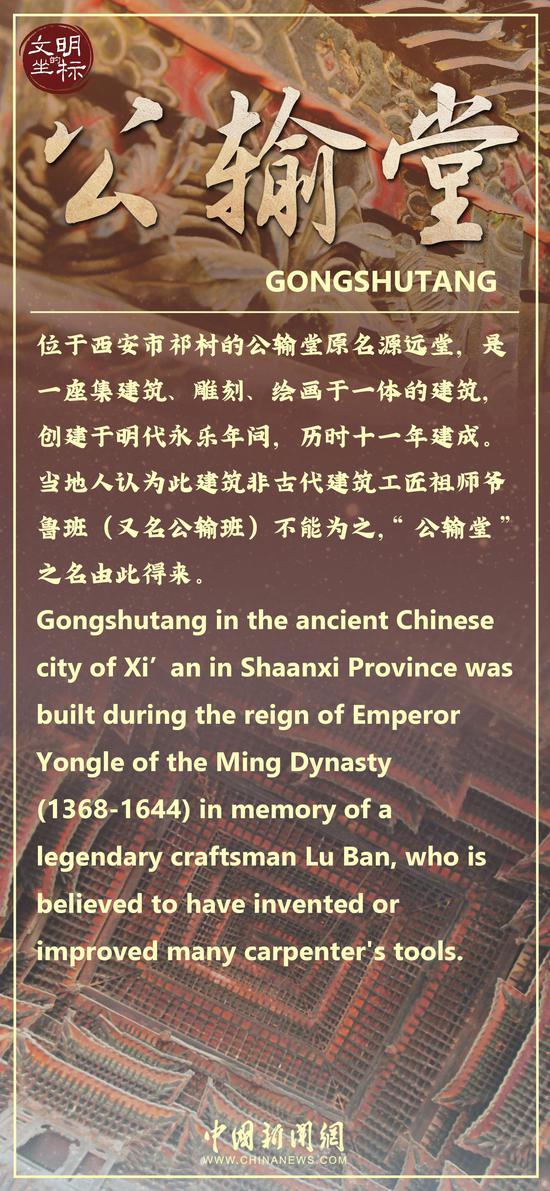
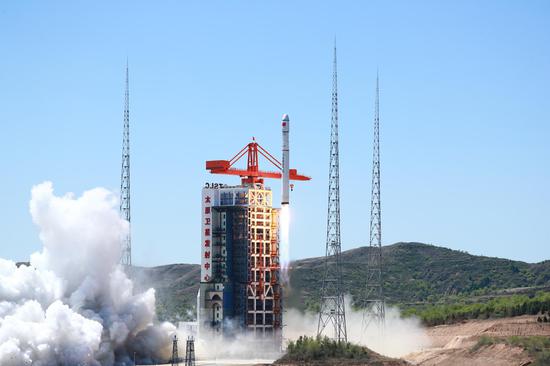


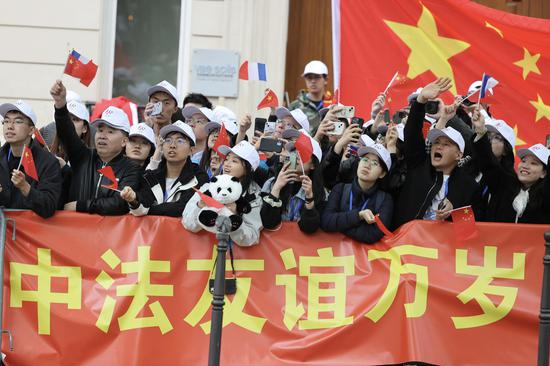
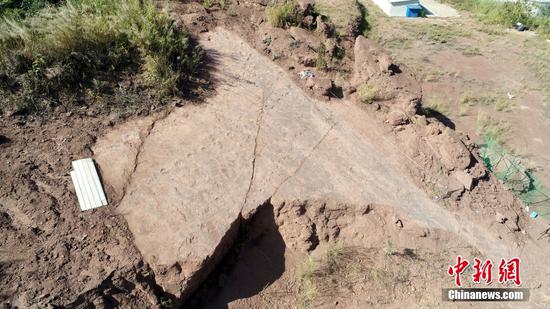


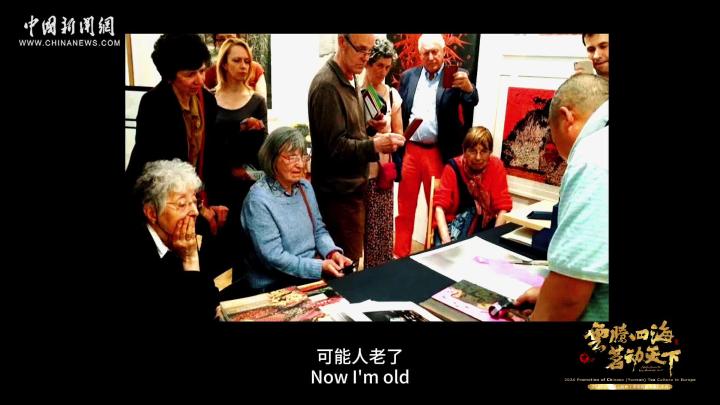



 京公网安备 11010202009201号
京公网安备 11010202009201号